An inside view of Japanese defense
A Canuck in the Emperor’s service
Among my clients in Japan has been the Ministry of Defense and companies like Mitsubishi that supply the Japan self-defense forces with weaponry.
In fact, my tiny room is in an apartment building right across from the SDF headquarters-- although I haven’t worked for them for a long time now.
That said, not much have changed, although they have built a new building across the street.
You have to ask what kind of country places its main command-and-control center on a hill in the exact center of its largest city in the governmental hub?
One that doesn’t think it’s going to go to war?
Perhaps. but maybe there is more to it than that.
My job in the defense field was to facilitate communication in English about various matters, some technical, some not. Nondisclosure documents prohibit me from going into detail, including who the parties were or content --but I can still offer“informed” opinions, just as anybody else who has worked in the field.
I am brought in when my clients do not want someone just trying to tell them what they want to hear— which is what many writers can Tokyo do without reflection or real analysis or understanding of the larger picture. That doesn’t get me a lot of work compared to some others, but more interesting work, in a larger variety of fields.
In defense matters, especially, it is that big picture that matters, and the differences between the way Japanese think compared to the rest of the world.
Contradictions, contradictions. People “on the spectrum” grow up with that awareness. It can destroy you— or help you grow.
Putting your command-and-control center in one of the most visible attackable place in your most important and biggest city is a crazy contradiction in one way—but makes sense in other ways— if, and only if, you are Japanese.
In some sense, this is alsoa metaphor for Japan’s national defense.
Defending an archipelago
In the case of Japan more than 50% of the Japanese population lives in just two cities -- Greater Tokyo and Greater Osaka.
The rest of the archipelago is mountainous except for large chunks of Hokkaido. Japan has a lot of islands really only three big ones -- Honshu, Kyushu, and Hokkaido.
And of those three islands, it is Honshu that matters most—but it is also the least vulnerable.
Hokkaido is the easiest island to invade, which is what the Soviets planned to do when they declared war on Japan as they had promised to do at Yalta. It would’ve taken them about 10 days. With the atomic bombing, and the threat of Stalin hanging the Emperor, the Emperor decided discretion was the better part of valor.
Since Honshu is where most of the population livesthat’s where most of the industry is and of course government, including the Emperor —who has a huge chunk of land not far from the self-defense headquarters and the business district.
Of course, you have to ask why anyone would want to invade a bunch of earthquake prone islands with volcanoes and no resources.
You also have to ask how those American bases in Okinawa— almost 40% of its area— — 2000 km from Tokyo—serve to defend the city, , which already has several American bases.
And Okinawa wasn’t even Japanese until the late 19th century.
As I said, contradictions, contradictions.
The Peace Constitution
Article 9 of the Japanese Constitution outlaws war as a means of resolving international disputes. However, the Supreme Court of Japan interprets “international disputes” to mean offensive war like attacking Pearl Harbor with Zeros instead of tourists.
So, what about disputed territory like the Diaoyu islands that the Japanese call the Senkakus, just off the coast of Taiwan?
If the Chinese decide to take those islands, what would the Japanese do?
Probably nothing much militarily.
The Japanese don’t have the capability of projecting force at such a distance in the aptly named the South China Sea. Those rocks really belong to Taiwan. Which isn’t insisting on ownership. And, in any case, Taiwan belongs to China so….
No Japanese actually cares about these rocks— just like they don’t really care about the Kuriles, which, if they belong to anyone really belong to the Ainu people who the Japanese tried to wipe out,
But everyone likes the wave flags.
Doesn’t matter too much what flag!
Just as you can’t be a real nation without a flag, these days you can’t be a real person without a flag either.
Becoming a real nation
Japan’s flag is a Is a large spot of blood on a white background. Whose blood. I don’t know.
The ruling party under Abe wanted to dump article 9 and give Japan a “normal “military instead of what it has now-- which in no way resembles the military in other countries. How can Japan be a real nation without a real military?
Of course. it is true that Japan actually has one of the largest military forces in the world. But you have to look beyond statistics.
Here they are no jingoistic parades of the kind you see in other countries. No Japanese soldiers wearing kilts singing the national anthem Kimigayo.
May your reign
Continue for a thousand, eight thousand generations,
Until the tiny pebbles
Grow into massive boulders
Lush with moss
No, “thank you for your service” because…
a.) it’s just a job
b.) Japanese military are not allowed to wear uniforms off-duty and off the base.
That is not to say that the Japanese don’t love uniforms!
Nurses, schoolgirls, police, soldiers too. Even schoolteachers. But there’s a time and a place for cosplay. Yes, this is the same girl as in the poster. So much for woke.
Need I repeat myself: contradictions, contradictions…
Japanese obviously recruit differently from the Marine Corps where men are men —and women are too.
When I visited the SDF for conferences, there were no girls like the one in the Japanese recruiting poster / calendar. It was just like visiting a regular company, talking to regular salary men-- except some of them could fly helicopters. There were some women too, crunching numbers rather than bones. No swords.
When Mishima Yukio committed suicide on the SDF grounds the men there listening to his speech jeered at him. Perhaps he never really intended to commit suicide until then. But he more or less had to after that. Who knows?
All that aside, getting rid of Article 9 would allow the Japanese to manufacture weapons and sell them abroad. They could more easily afford to manufacture weapons to meet their own needs and conditions rather than just buying off-the-shelf American weapons-- over expensive and overhyped.
The Japanese defense capability.
Superficially, it might seem that the Japanese have a capable military. But could it actually deter an invasion?
Japan has a small fleet of rather good submarines, most recently, the Air Independent Powered Sōryū class and the lithium powered Taigei class which are quiet, stealthy and can launch missiles as well as torpedoes. At the time of their introduction, these were among the best in the world, although nonnuclear, which in any case don’t make much difference in conventional wars.
But the Chinese, have caught up in the last two years with advances in lithium battery technology borrowed from their electric car industry. They are looking to convert their entire fleet – which is large – from AIP submarines to lithium power of sin as you and they have made various breakthroughs in materials and design, giving them a huge advantage. Submarines ain’t what they used to be.
The Japanese just don’t have the industrial capability to keep up—which also applies to the Americans.
That is not to say that the Japanese can’t make good stuff.
For examplem their ew T90 Is a good tank on a par with both Chinese and Russian tanks, with some innovative features. Its lighter than an American or British tanks, has a very good gun and autoloader, not to mention good electronics. But it was designed with World War II in mind, assuming a ground invasion in Hokkaido, Which is the best place for tanks, but not necessarily where an invasion would be launched,
Then again, the Chinese make excellent, world-class MBT’s such as the ZTZ-99. This is a bit heavier, perhaps better armored than its Japanese counterpart, carries a bigger gun and can fire ATGM munitions.
The Japanese are hyping their work on a sixth-generation fighter, the Mitsubishi F-X, under development since 2015, with the first flight plan for 2028 and production in 2035, which given the way things go in Japan means the whole project will be canceled at some point for lack of cash. If you can’t sell the damn things to somebody, what’s the point?
For the record, all new technology must show Mount Fuji in the background—from a distance since the top is littered with garbage.
The Japanese would need American funding to build this hugely expensive winged war gamers dream- but the Americans are working on their own version, and they want the Japanese to help pay for it-- which of course means they will also want the Japanese to buy it.
In the meantime, the Japanese have already bought the American F 35, which is quite unsuitable for their needs—a relatively short-range bomb truck, inferior to Chinese equivalents. Too expensive to use, too expensive to lose— and only stealthy under perfect conditions, which will never be the case in Japan. Fly it too fast and its anti-radar coating peels off. It’s not a widow maker—but that’s only because the Japanese aren’t getting married anymore,
No matter, the Japanese have to keep the Americans happy, if only to allow Mitsubishi and Kawasaki access to the newest American technologies, which are bundled with the F 35.
For example, the radar absorbent coatings Just mentioned are also used for tablets, smart phones, computers, automobiles, and in the medical field. It’s a big market. There are all sorts of sensors and electronics too. The Japanese know how to steal without looking like they’re doing it.
As zaibatsu companies, Mitsubishi and Kawasaki can apply that technology to all sorts of things beyond the military area: their group companies cover every field.
Who wants war?
The reality is that nobody in the Western Pacific wants war. The Chinese don’t want it. The Koreans, North and South, don’t want it. And naturally the Japanese don’t either. War is bad for business in Asia— even if, for the US, it is the only business—and keeps its economy humming.
So, only the Disunited, Discombobulated States of America are talking up war—with the caveat that somebody else other than Americans should fight that war.
The Japanese are aware of that.
Also aware that China is their largest trading partner, and that relationship will grow And grow. One day they will likely have to join BRICS.
In the meantime, they will maintain their current relationship with the Americans as long as they can. Japanese are natural conservatives: they don’t like change. Their relationship with the US is like a traditional Japanese marriage—the romance has died when the babies were born but no one wants to get divorced.
Americans are ideological idealists. The Japanese are pragmatic situationalists.
You will know when the Japanese want to dump the Americans.
That will be when the US is clearly collapsing and there is no paycheck anymore. It is then that Japan will amend article 9. And develop an independent military if not a nuclear capability could take all of six months. It is then that they would revise their defense agreement with the Americans.
Notes from the zoo
As I might’ve mentioned, I began my zoological career in the zoo hospital.
We got a lot of orphaned animals, which had to be hand-reared Baby foxes are adorable puppies, when they get older instinct takes over. So, cute as they are, they should never be regarded as pets— although in one of my not so happy periods when I was jobless, homeless and mindless, I spent a couple of weeks sleeping in a friend’s home under their aquarium with their pet fox.
Mature foxes don’t cuddle. He was shy and mostly nocturnal and didn’t get close but I think he liked my company as long as I didn’t try to talk to him. He would look at me and I would look at him and we both knew that some things in life suck—just we weren’t sure which things.
This is a Fox cub. This is also me—and you too probably.
In the beginning all that matters is love. In the end, I guess it’s the same.
If you like my article, please buy me a coffee. I am really thankful for all the support I’m getting. And I write a personal to each donation. I feel like I’m becoming part of a community of hearts and minds— and at my stage in life is truly wonderful.

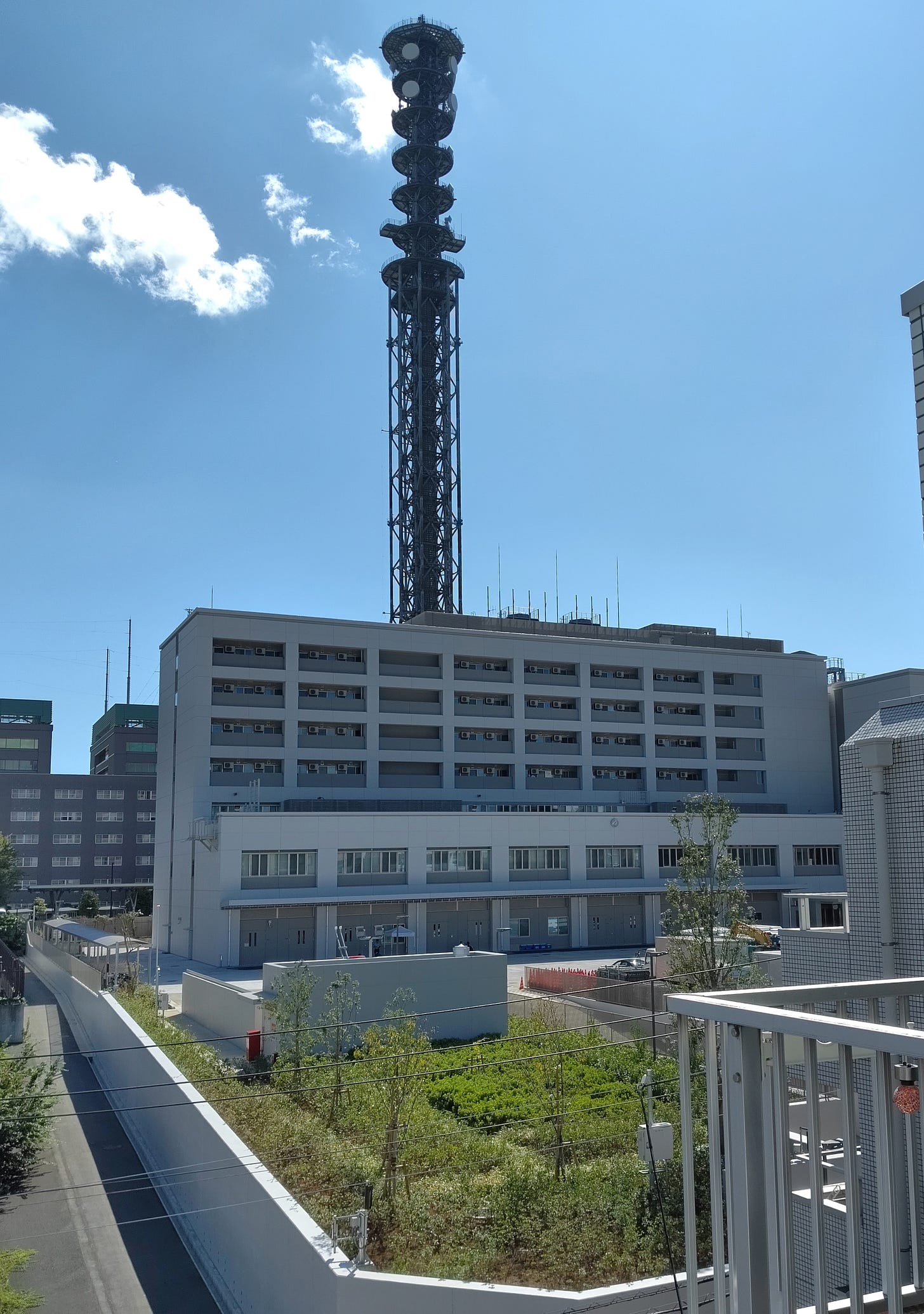
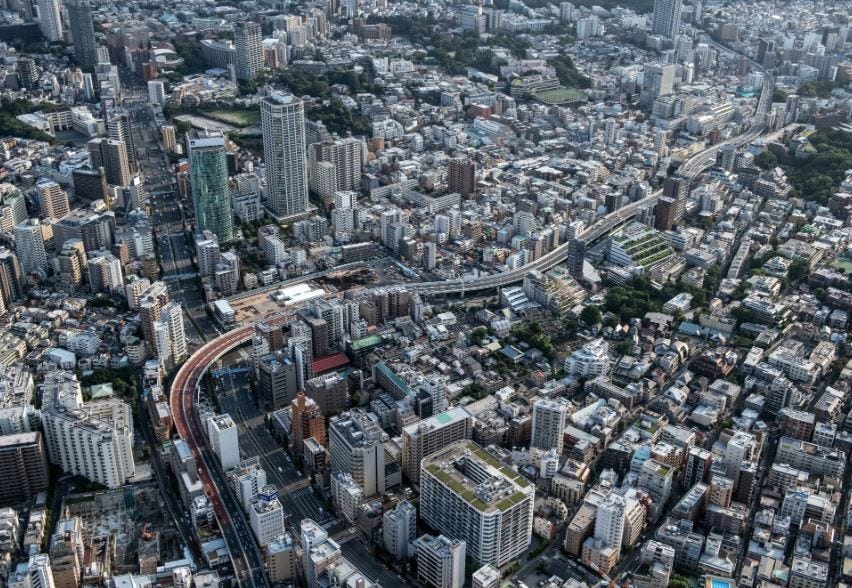
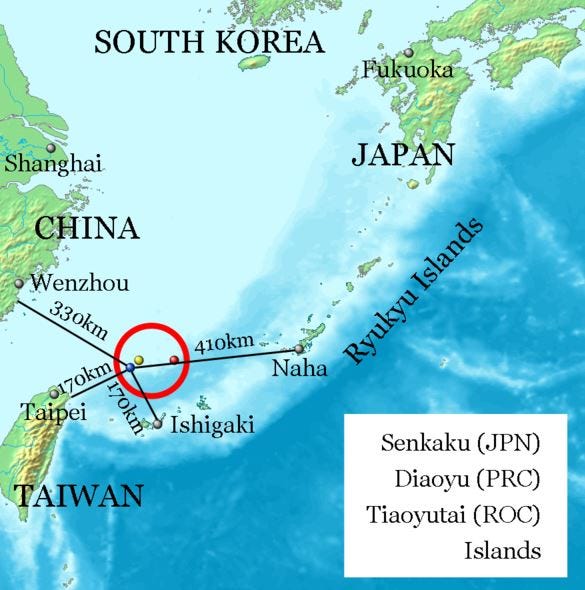



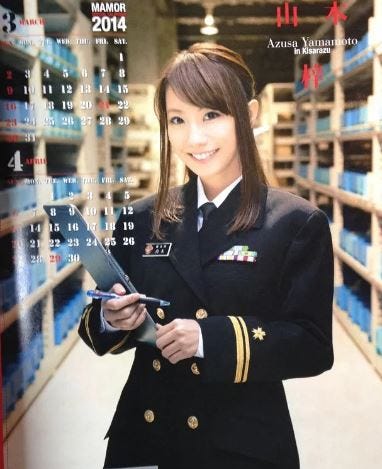




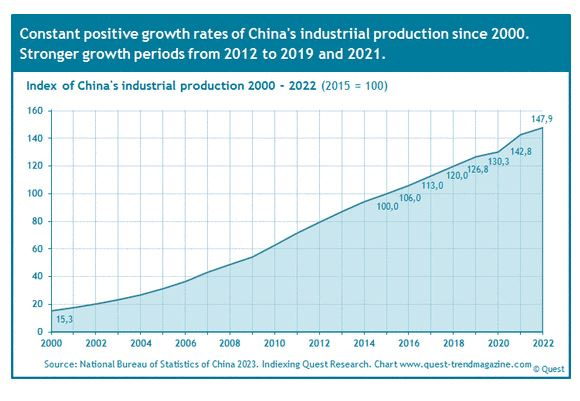





An astute analysis as always! I agree that yes, Japan remains a US ally (vassal) out of expediency. And as you said, when US int'l power is broken, that's when they'll pivot towards BRICS. When they do, they'll likely recruit China to help oust the US military presence there, as I expect there will be active hostilities in the Pacific at that time over Taiwan. The declining US empire will expect the Japanese to serve as pawns and cannon fodder, as the Ukrainians are doing now, and they'll get a nasty surprise. Afterwards, I expect Japan to embrace Russian/Chinese tech, since NATO tech is as you said, overrated and overpriced (which is being exposed on the Caspian steppe); of course, they'll put their own uniquely Japanese spin on it, as they always do.
You are appreciated and loved Julian, keep it coming..